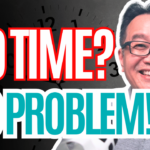
Will you learn to walk?
Don’t let people get you down, you WILL learn to walk
If you’ve ever tried being an entrepreneur, you would have faced this.
While you’re busy starting your business, loads of people, especially those who care about you, come and tell you to just quit dreaming and get a stable job.
Most if not all of them, are telling you this with the best of intentions. Starting a business is risky. (Although with the right mitigation strategies which I wrote about in a previous blog post, you can significantly boost your chances of success.)
But, back to the issue at hand…

I must admit, I understand why people do that. I spent most of my life in a job – mainly in large corporates, as the top law dog. I’m ashamed to admit that I have said this myself to loads of my friends and relatives. We don’t want our loved ones to fail, and get themselves hurt, or get left behind while their peers move on and get promoted to better jobs.
Now that I’ve crossed over to the ‘dark side’ and become an entrepreneur, what I’ve realised is that such comments really don’t do a lot more than add to the failure rate of start-ups, and indeed the chances of the one at the receiving end of those comments failing. It’s tough enough running a start-up. You don’t need your nearest and dearest giving you a reason throw in the towel as well!
Now, let’s think about this a little. We’ve all seen toddler learning to walk. And none of them ever fall. Ever. Because if they did, their parents who love them unconditionally, would just tell them to stop trying, in case they get hurt. Of course it doesn’t work that way. They let the toddler try, and fall, and try again, and fall again, and eventually, through a series of corrections and fine tuning the toddler learns to walk.
But the toddler would never learn if his parents told him to give up, and just carried him in case he gets left behind.
Entrepreneurs need to go through that same learning phase. Unless you do, you’ll never learn to run your business. But there are ways to shorten the learning phase. Mentorship is one that I’ve found incredibly helpful in shortening my learning curve. The other is working with business models and systems that you know will work. That way, what you are refining is your skills rather than second guessing whether your model works or not. Cutting down variables, cuts down learning time. I’d rather learn to walk on solid ground, than on a boat which is swaying with the waves.
If you’re still hanging in there, trying to get your business off the ground – kudos to you! I’m sure you needed to hear that! I’d also like to share the mentorship programme and business system that worked for me. If you’re interested, click here, and my friend Stuart to tell you more.
As always, if there’s absolutely anything you want to discuss, you can reach me right here.
All the very best!
Tim

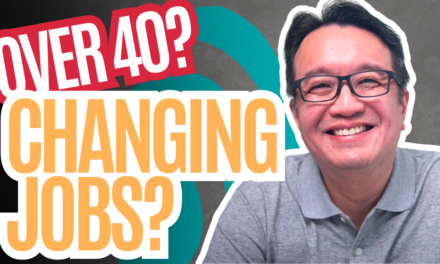
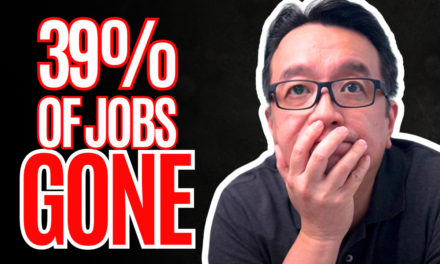

















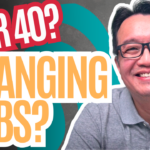
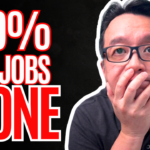


How could any of this be better stated? It co’nldut.